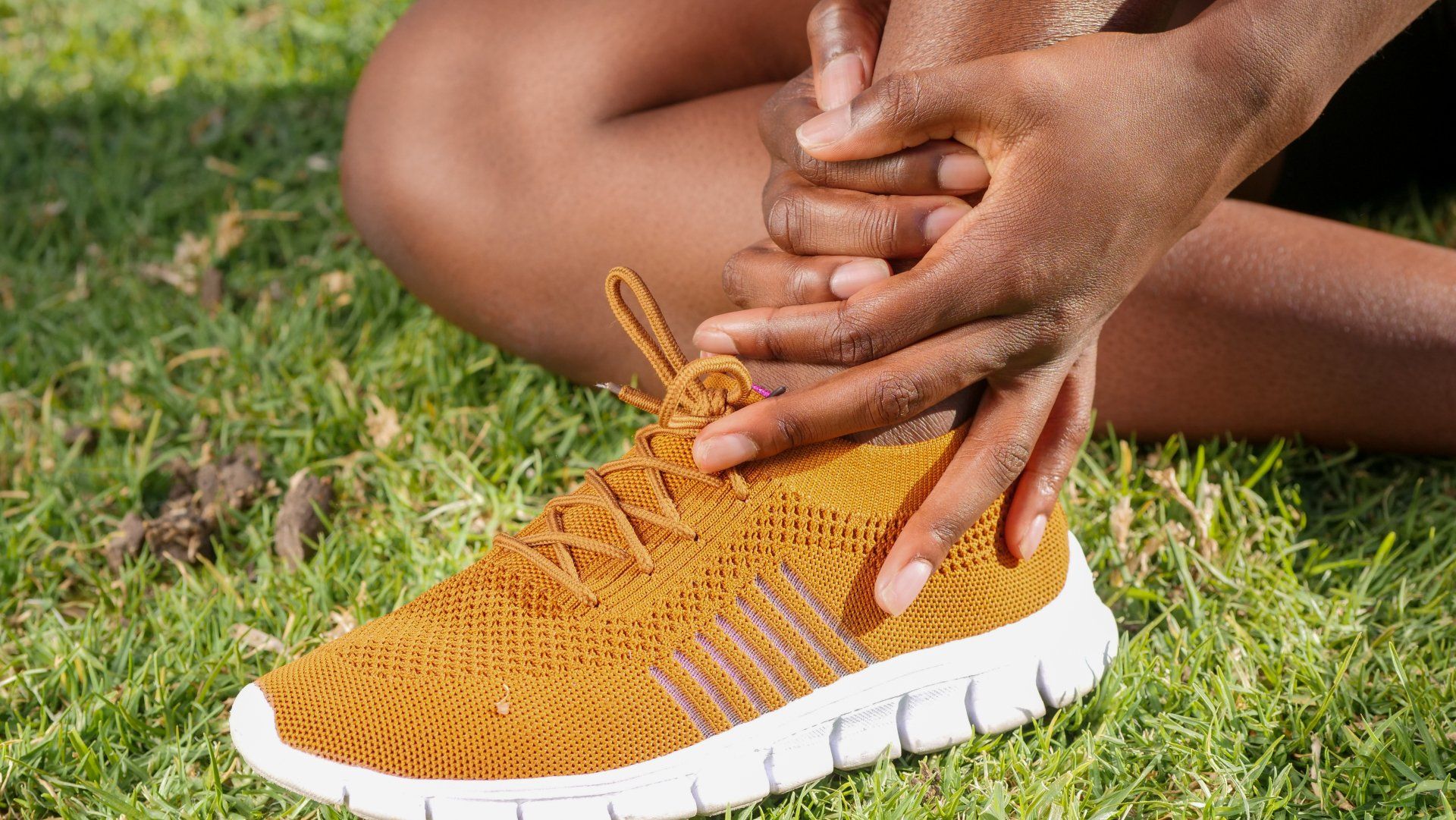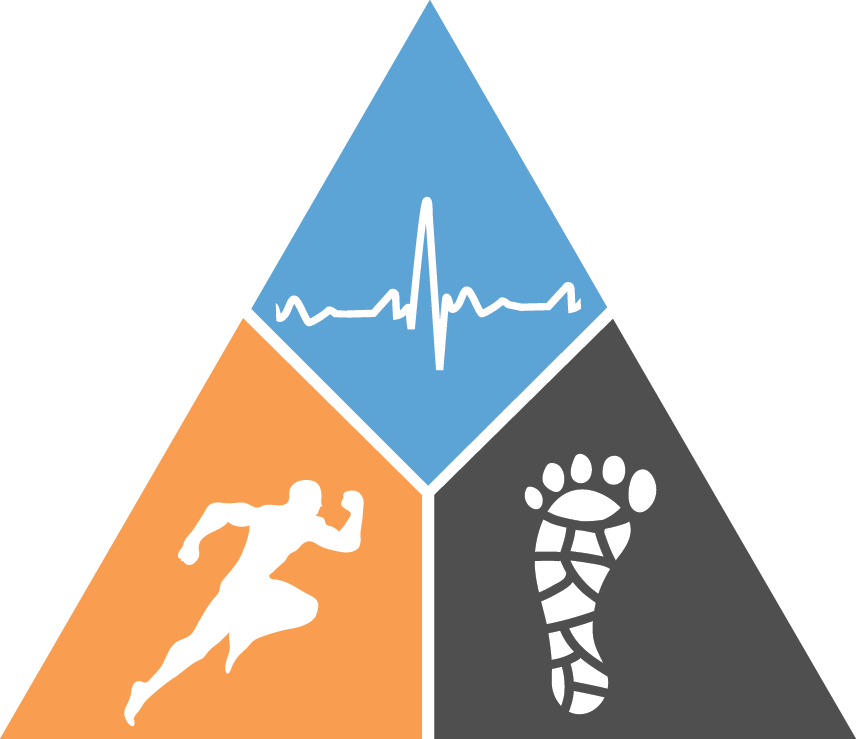Achilles Tendinopathy
Achilles Tendon Treatment in Gymea
Have you been experiencing some discomfort in your Achilles tendon lately? Well, at Pinnacle Podiatry, we're here to help you get back on your feet.
Achilles tendinopathy is when the strong tendon at the back of your heel and ankle undergoes some not-so-great changes that can be pretty painful. This
tendon connects your calf muscles to your heel bone, and you might have heard it being called
Achilles tendonitis or Achilles tendinosis - these are just specific stages in the process of damage. Don't worry, we can work together to get you feeling better in no time.
What Causes Achilles Tendinopathy?
Ever wondered what could be causing your Achilles tendinopathy? Well, it's all about the balance between the tension on your calf muscle and the strength of your tendon. When the tension exceeds what your tendon can handle, changes start to happen that can lead to pain and inflammation. This can range from small tears to complete ruptures.
Activities like high-speed running, intense training, or even wearing unsupportive shoes can put a lot of stress on your tendon and lead to these changes. So, if you're experiencing Achilles tendinopathy, it might be time to take a closer look at your daily activities and footwear choices.

What are the common symptoms of Achilles tendinopathy?
At Pinnacle Podiatry, we want to help you understand the signs and symptoms of Achilles tendinopathy. Some common things to look out for include:
- Feeling pain and stiffness along the Achilles tendon in the morning
- Experiencing pain along the tendon or back of the heel that gets worse when you're active
- Dealing with severe pain the day after exercising
- Noticing a thickening of the tendon
- Dealing with constant swelling that increases throughout the day or with activity
- Feeling pain on the back of the heel when wearing shoes
- Hearing a sudden pop in the back of your calf or heel, which may indicate a torn Achilles tendon
If you're experiencing any of these symptoms, it's important to seek help from a medical professional immediately. Our team at Pinnacle Podiatry is here to assist you in managing and treating Achilles tendinopathy, so don't hesitate to reach out to us for support.
FAQS
Here are answers to some common questions for Achilles tendinopathy.
-
Should I see a podiatrist for Achilles Tendinopathy?
Yes you should see a podiatrist before your injury puts your Achilles tendon at risk of rupture or tear.
-
Should I limit movement with Achilles Tendinopathy?
Yes, to allow your tendon to heal, you should stop or decrease activities that cause you pain - such as jumping or running. Activities you can continue that don’t strain the tendon include cycling and swimming.
-
How can a podiatrist treat tendinopathy?
Here at Pinnacle Podiatry, we'll work on making sure you feel better and avoid any more pain. We may recommend custom shoe inserts, strapping or a soft cast to help your foot heal. It usually takes a few weeks to months for the tendon to fully recover, so we'll make sure you have the support you need during that time.

